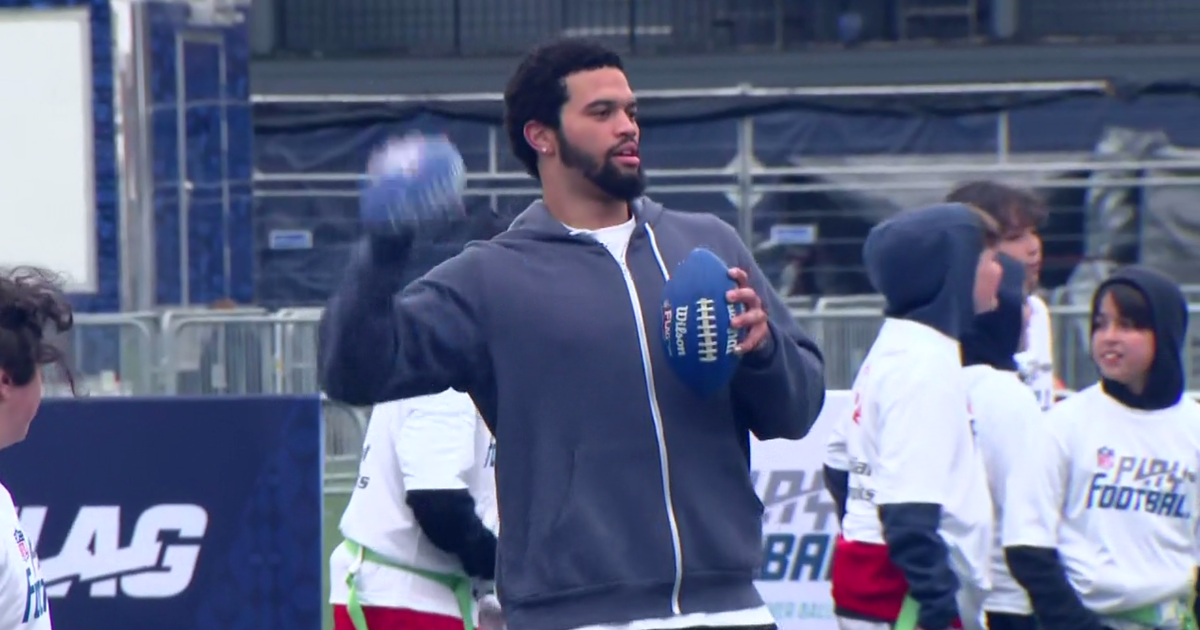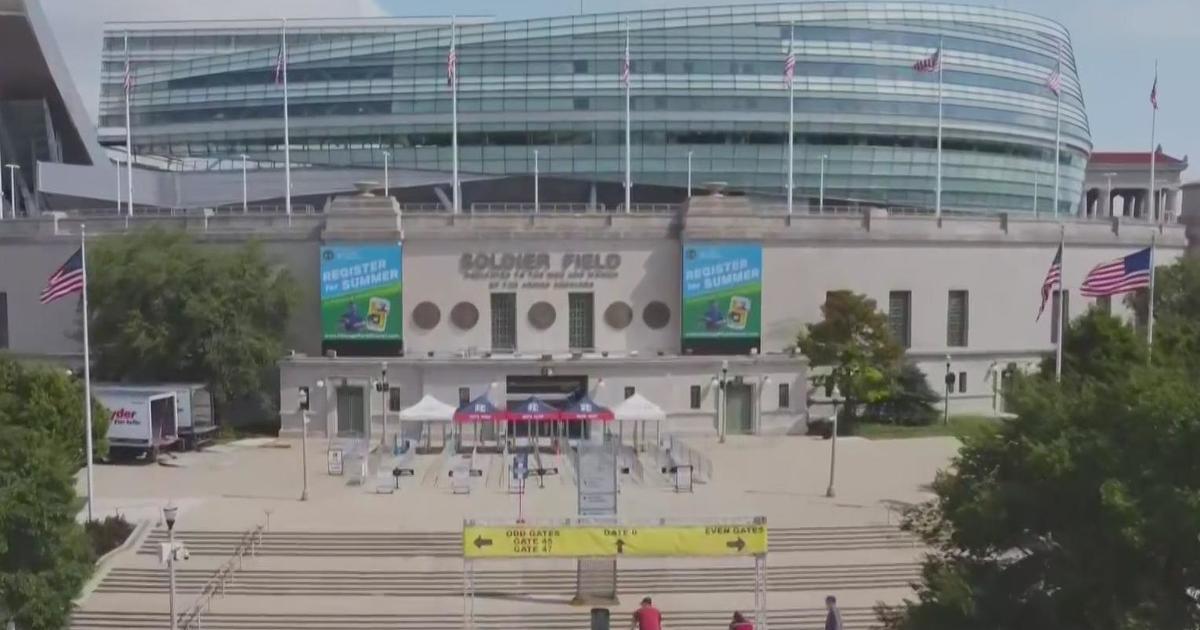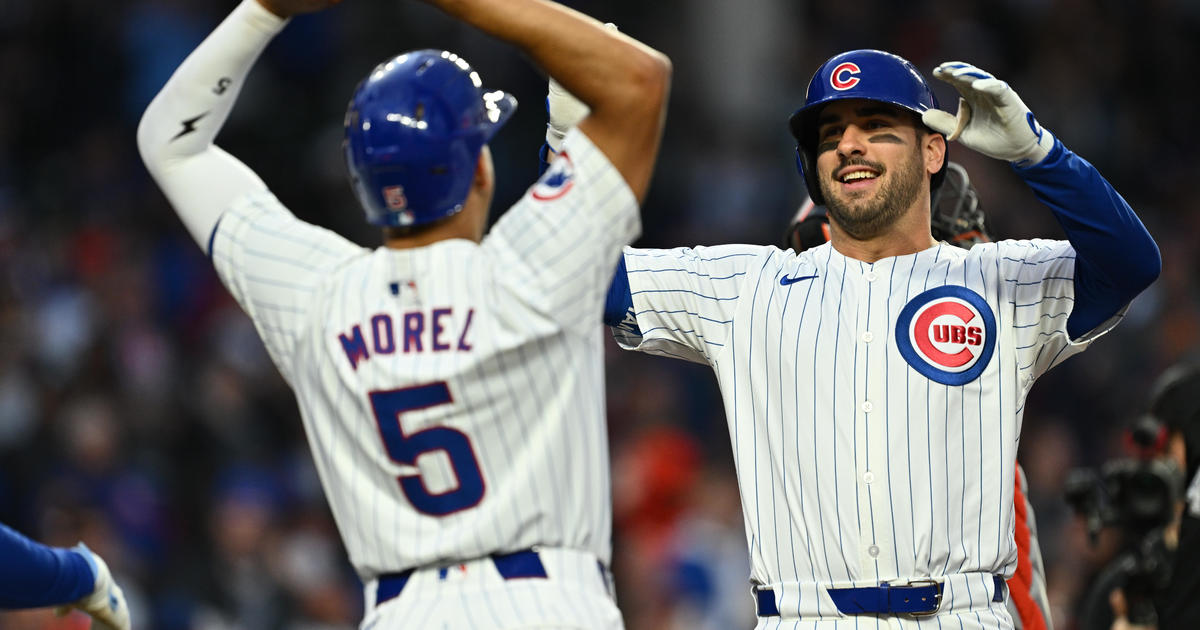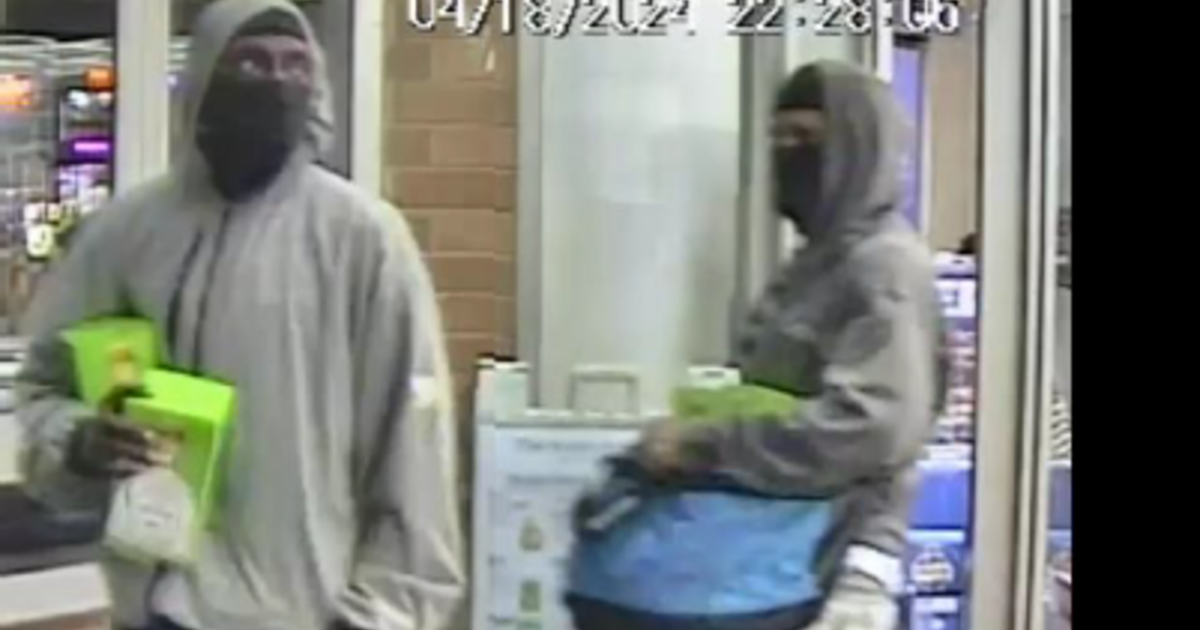Tunney Plans To Allow Hard Liquor Sales At Wrigley Field Plaza, But Won't Relax Other Rules At Gallagher Way
CHICAGO (CBS) -- The Cubs would be allowed to start selling hard liquor in the plaza next to Wrigley Field next year under a set of rule changes introduced by Ald. Tom Tunney (44th), but wouldn't be able to keep Gallagher Way open any later than already allowed, nor could they grant admission to anyone without a game ticket.
Tunney introduced an ordinance to the City Council on Wednesday to allow Gallagher Way -- the open-air plaza along Clark Street between Addison Street and Waveland Avenue – to begin selling hard liquor along with beer and wine.
The plaza has been open since the start of the 2017 season, and the rules governing hours of operation, liquor sales, and special events was set to expire this year, but Tunney last month introduced an ordinance to extend the current rules through the end of March while he negotiated new rules for Gallagher Way.
While Tunney was willing to allow the Cubs to start selling hard liquor, he wasn't willing to let the team to sell alcohol any later than currently allowed.
Alcohol sales at Gallagher Way are only allowed on game days or for permitted special events.
For ballgames, alcohol sales at Gallagher Way can begin two hours before the first pitch. Alcohol sales om game days must end one hour after the end of day games; at the end of any game that starts after 4:10 p.m.; or at 11 p.m. if the game ends later than that.
For special events, alcohol sales can start two hours before the event and must end one hour before the event itself. No matter what time a special event is held, alcohol sales are banned from 9 p.m. to 9 a.m. Sundays through Thursdays, and 10 p.m. to 9 a.m. on Fridays and Saturdays.
Tunney also wasn't willing to relax the rules regarding how many non-game events the team could host, or how late they could keep Gallagher Way open after games, concerts, or festivals.
"We are allowing spirits. So that's a bone, I mean, a bonus," Tunney said Wednesday. "We think that there's a lot of positive things happening on the plaza, and the idea of these smaller concerts has not met with success from the nearby neighbors."
The ordinance also clarifies what counts as a "special event" at Gallagher Way – defining it as any event that has an attendance of at least 1,000 people, including concerts, festivals, and watch parties when the Cubs are playing an away game.
Tunney said the existing rules were vague about what counted as a special event.
Between Labor Day and June 15, special events must end no later than 9 p.m. Sundays through Thursdays.
The Cubs are limited to a maximum of 12 special events a year, including no more than five concerts, each requiring its own permit. Festivals that run for up to three days in a row would count as one special event.
For any other events on the plaza other than during games or special events, alcohol sales already are banned from 9 p.m. to 9 a.m. on Sundays through Thursdays, and 10 p.m. to 9 a.m. on Fridays and Saturdays.
Tunney also said he wasn't willing to allow the Cubs to open up the plaza to people who don't have a ticket on the days of ballgames or concerts inside Wrigley Field.
"The idea of adding additional occupancy on game days or stadium concert days just does not work logistically for the police, for the community, and the lack of parking," he said.
Tunney said the Cubs had wanted to keep the plaza open for up to three hours after games, but that won't happen either. Instead, the new rules will keep the existing requirement to clear the plaza within an hour after games end.
The alderman said he hopes to have the ordinance adjusting the rules at Gallagher Way approved by the full City Council before the upcoming baseball season in 2020.
A Cubs spokesman did not immediately respond to a request for comment on the changes to the rules at Gallagher Way.



